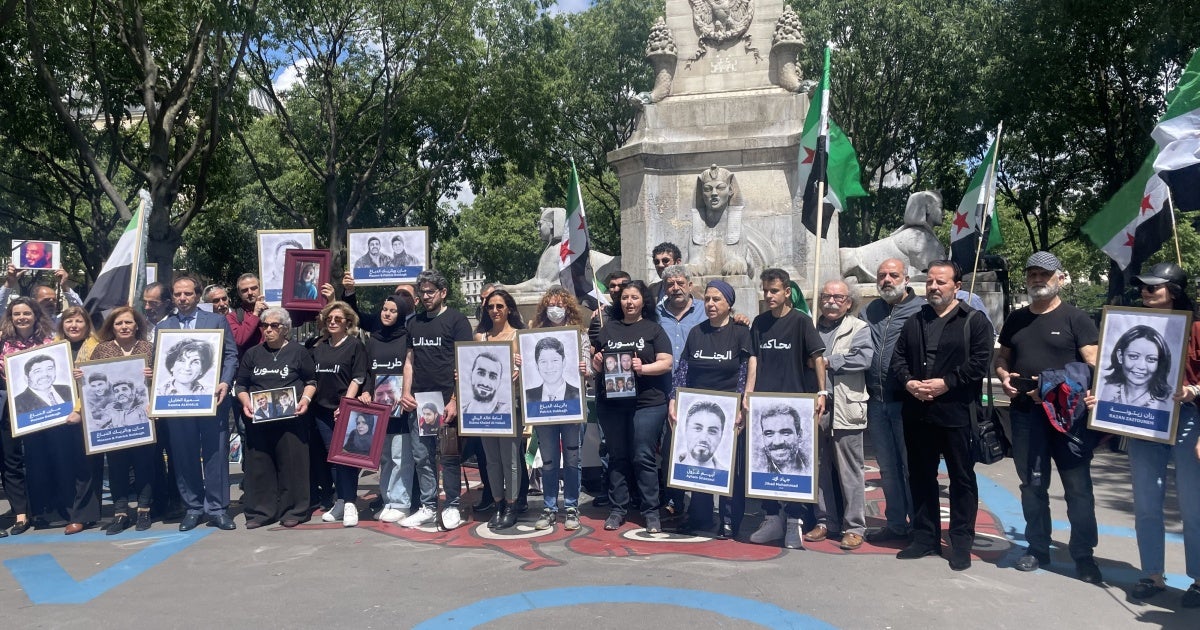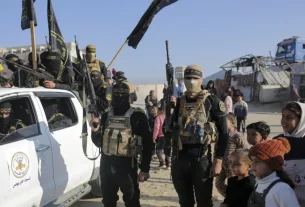French judges convicted three Syrian senior officials for their role in the imprisonment, enforced disappearance and torture of two dual Syrian-French citizens, Patrick Dabbagh and his father Mazzen, in 2013, as well as the confiscation of their property.
On May 24, 2024, the court concluded that imprisonment, enforced disappearance and torture committed by the officials Ali Mamlouk, Jamil Hassan, and Abdel Salam Mahmoud, amounted to crimes against humanity and war crimes.
The trial at the Paris Criminal Court was held in absentia, that is without the accused present. International law disfavors but does not prohibit trials in absentia if there are safeguards in place, in particular the right for anyone convicted in absentia to a full and fair retrial, should they subsequently find themselves in custody. French law provides for this right.
Human Rights Watch observed the first day of the trial with many Syrian families, activists, and civil society groups, many bringing photographs of loved ones disappeared in Syrian prisons.
Since 2011, Human Rights Watch and others have extensively documented widespread and systematic arbitrary detention and torture by Syrian government forces in what amount to crimes against humanity. Despite ample evidence of systemic human rights abuses, including findings from UN investigations, and ongoing efforts to pursue justice in national courts in Europe and via a watershed torture case at the World Court, there is no indication the Syrian government has stopped its abusive practices or held anyone accountable for atrocities over the past decade.
The court case in Paris however serves as a sharp reminder to the Assad government that scrutiny of its long list of abuses will continue.
During the trial, the court examined the Caesar photographs of thousands of detainees who died in detention, compelling evidence of widespread torture, starvation, beatings, and disease in Syrian government detention facilities. The judges also heard from French investigators, representatives from a UN-mandated team of investigators, and from survivors. The International Federation for Human Rights, La Ligue des droits de l’homme, and Obeida Dabbagh, a relative of the victims, with the support of the Syrian Center for Media and Freedom of Expression (SCM), participated in the case and filed a complaint with French authorities in 2016.
Over 10 years since Patrick and Mazzen Dabbagh’s disappearance, their story underscores the ongoing plight of countless others who have similarly disappeared in Syria, and the anguish of loved ones who continue to seek answers regarding their fate. Much more is needed to ensure this cycle of impunity finally breaks.



